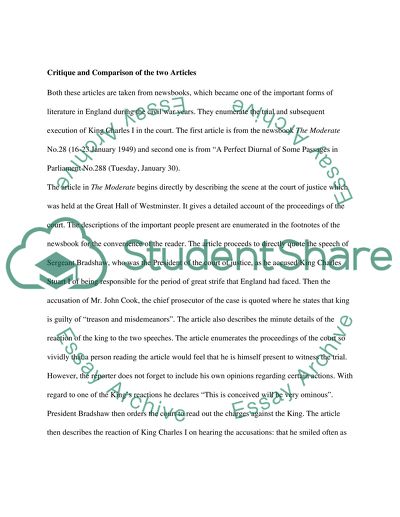Cite this document
(“Crisis of Authority: Trial & Execution of King Charles in 17th Century Essay”, n.d.)
Retrieved from https://studentshare.org/literature/1431550-analysis
Retrieved from https://studentshare.org/literature/1431550-analysis
(Crisis of Authority: Trial & Execution of King Charles in 17th Century Essay)
https://studentshare.org/literature/1431550-analysis.
https://studentshare.org/literature/1431550-analysis.
“Crisis of Authority: Trial & Execution of King Charles in 17th Century Essay”, n.d. https://studentshare.org/literature/1431550-analysis.


